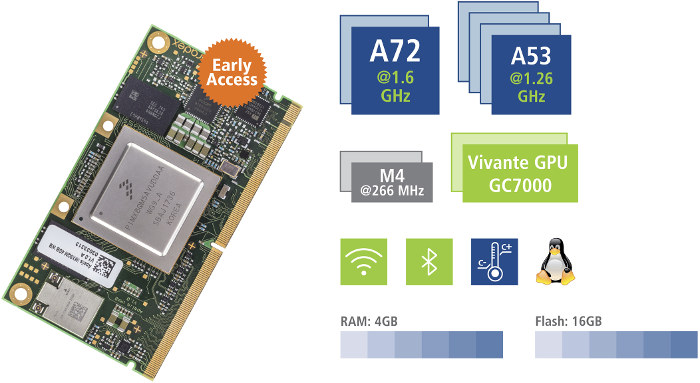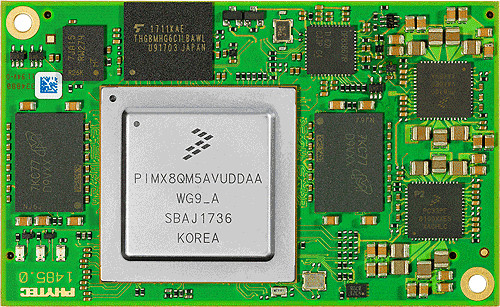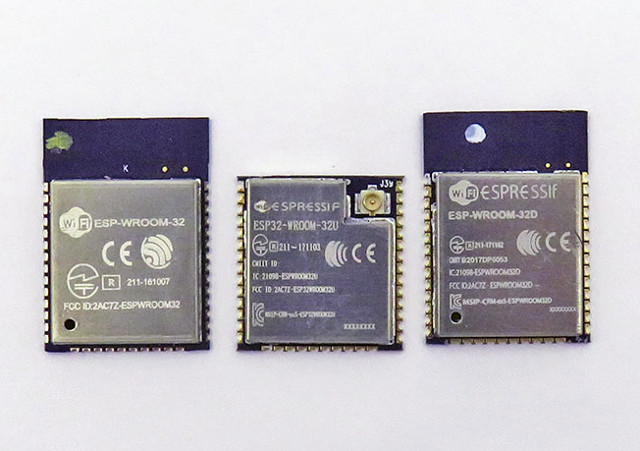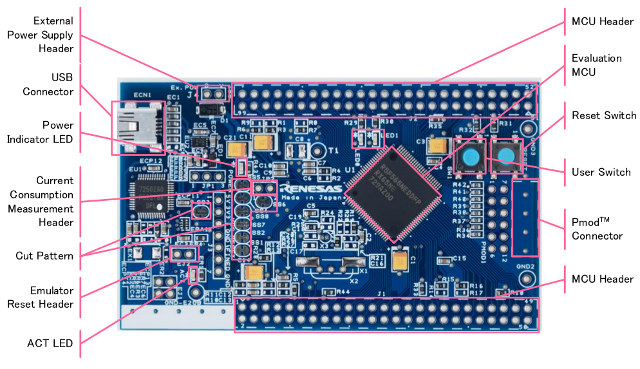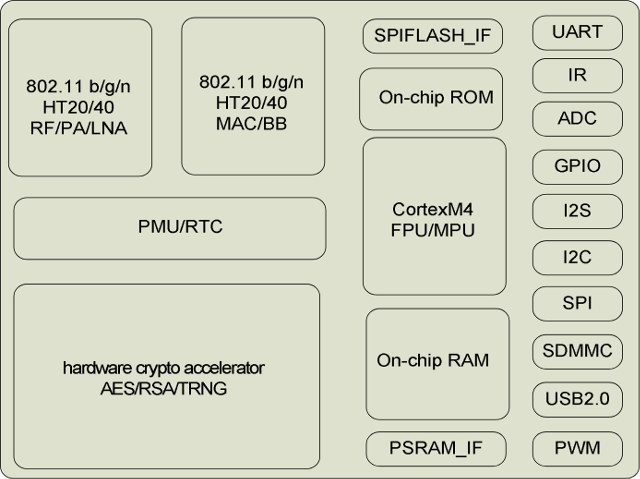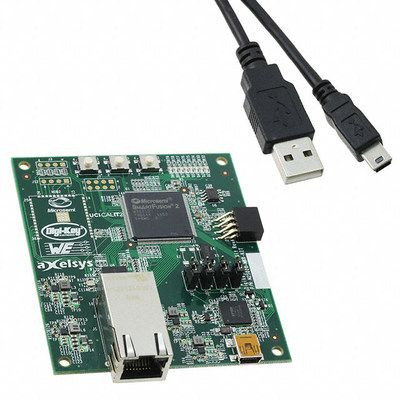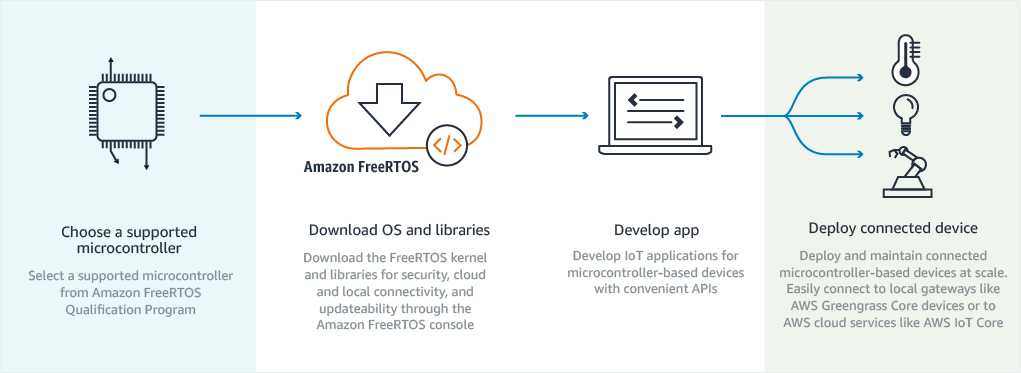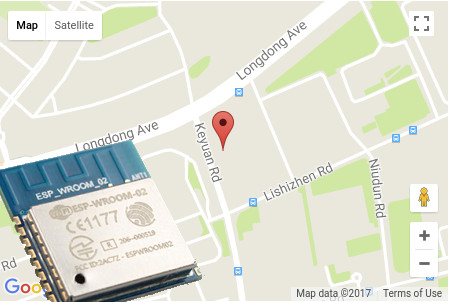Toradex Apalis iMX8 is another system-on-module powered by NXP i.MX 8QuadMax hexa core Arm Cortex A72 + 53 processor, which comes with 4GB LPDDR4 RAM, up to 16GB flash, and an on-board dual-band 802.11ac 2×2 MU-MIMO Wi-Fi and Bluetooth 5 ready module. The company has just opened early access for selected customers, so it has become possible to start developing products with the MXM3 computer-on-module. Apalix i.MX8 module specifications: SoC – NXP i.MX 8QuadMax hexa core processor with 2x Arm Cortex-A72 cores @ 1.6 GHz, 4x Arm Cortex-A53 cores @ 1.26 GHz, 2x Cortex-M4 real-time core @ 266 MHz, and dual Vivante GC7000XSVX GPU System Memory – 4GB LPDDR4 (64 Bit) Storage – Up to 16GB eMMC flash On-module Connectivity Gigabit Ethernet via Microchip KSZ9031 transceiver with low power features Dual-band 802.11ac 2×2 MU-MIMO Wi-Fi and Bluetooth 5 via Azurewave AW-CM276NF M.2 1216 LGA module Audio – NXP SGTL5000 low […]
PHYTEC Introduces phyCORE SoMs & Devkits Based on NXP i.MX8, i.MX 8M, or i.MX 8X Processors
PHYTEC, an embedded systems company headquartered in Germany with global offices, has updated their phyCORE systems-on-module family with 3 sub-families of modules based on NXP i.MX 8, i.MX 8X, or i.MX 8M dual or quad core processors for a total of 9 modules. phyCORE-i.MX 8 Specifications: SoC – NXP i.MX 8Quad, i.MX 8QuadPlus or i.MX 8QuadMax Arm Cortex-A72/A53/M4F processor @ up to 1.6 GHz with Tensilica HiFi 4 DSP @ 666 MHz, 2x Vivante GC7000XSVX GPUs System Memory – 1 to 8GB LPDDR4 RAM Storage – 64MB to 256MB Octal SPI/DualSPI SPI NOR Flash, 4 GB to 128 GB eMMC flash, 4kB EEPROM Connectivity – 2x Gigabit Ethernet PHY 4x 120-pin Board-to-board connectors with: Display – 2x LVDS, 2x MIPI DSI, 1x HDMI Video Input / Camera – 1x HDMI, 2x MIPI CSI Audio – 2x ESAI, up to 4x SAI Networking – 2x 10/100/1000 Mbit/s Ethernet USB – 1x […]
ESP32-WROOM-32D / ESP32-WROOM-32U WiFi & Bluetooth Modules Deliver Better RF Performance
ESP-WROOM-32 is likely the most popular ESP32 WiFi + Bluetooth module on the market, but a few months ago, Espressif Systems unveiled two variants named ESP32-WROOM-32D / ESP32-WROOM-32U, which are based on ESP32-D0WD (5x5mm package) instead of ESP32-D0WDQ6 (6x6mm package), and are said to offer better RF performance ESP32-WROOM-32D is the most similar to ESP-WROOM-32 since it also comes with a PCB antenna, while ESP32-WROOM-32U is much smaller as it relies on an external WiFi/Bluetooth antenna via a u.FL connector. Both new modules are pin-to-pin compatible with ESP-WROOM-32 Key features: CPU – Espressif ESP32-D0WD dual core Tensilica processor Storage – 32Mbit SPI flash Crystal – 40 MHz Connectivity – Wi-Fi 802.11 b/g/n up to 150 Mbps, Bluetooth 4.2 LE I/Os – 38- catellagated pin with I/Os + GND plane Antenna ESP32-WROOM-32D – on-board antenna ESP32-WROOM-32U – u.FL connector for external IPEX antenna Dimensions ESP32-WROOM-32D – 18 x 25.5 x 3.1 […]
Low Cost Renesas Target Boards for RX MCUs are Designed for Home Appliances, Building & Industrial Automation
Renesas Electronics has announced three new Target Boards for the RX65N, RX130 and RX231 32-bit Microcontroller (MCU) groups designed for home appliance, building and industrial automation applications. Each board has minimal features with an on-chip debugger, a mini USB port, the micro-controller, and through-hole pin headers providing access to all MCU signals. This design allows to access all MCU features while keeping the price below $30. Renesas Target Board specifications: MCU Renesas RX65N (R5F565NEDDFP) 32-bit RXv2 MCU @ 120 MHz with 2MB+32KB ROM, 640KB RAM Renesas RX130 (R5F51308ADFP) 32-bit MCU @ 32 MHz with 512KB+8KB ROM, 48 KB RAM Renesas RX231 (R5F52318ADFP) 32-bit RXv2 MCU @ 54 MHz with 512KB+8KB ROM, 64 KB RAM Expansion Unpopulated 12-pin Pmod connector 2x unpopulated 50-pin MCU headers Misc 2-pin Current measurement header Reset and user push buttons Power LED (Green), ACT LED (Green), 2x user LEDs (Green) 2-pin emulator reset header Power Supply […]
$1 RDA5981 WiFi IoT Arm Cortex-M4 SoC is Designed for Smart Home Devices, Smart Speakers
RDA Microelectronics processors are found in a few cheap smart and not-so-smart phones, as well as the even cheaper Orange Pi i96 board. But the company does not only design cellular chips, but their portfolio also includes solutions for the Internet of Things and TV & radio tuners. RDA5981 is a WiFi IoT chip specifically designed for smart home & audio application, such as smart speakers, and it’s found in devices running Baidu DuerOS, the Chinese equivalent of Amazon Alexa or Google Assistant. The company explains it can be widely used in televisions, set-top boxes, smart appliances, wireless monitors, and other products. RDA5981 A/B/C processor specifications: CPU – Arm Cortex-M4 @ up to 160 MHz with integrated MPU and mbed uvisor System Memory – Up to 448 KB SRAM for network stack and application, external PSRAM interface Storage – Up to 32Mbit SPI flash Connectivity WiFi 2.4 Ghz 802.11b/g/n WiFi […]
$34 SmartFusion2 Maker Board Arm Cortex-M3 + FPGA Board Supports ESP32 & ESP8266 Modules
Xilinx Zynq SoCs are probably the most well-known FPGAs with ARM cores, as their Cortex A9/A53 cores can run Linux, but they are not the only ones. Microsemi launched SmartFusion2 SoC comprised of FPGA fabric and an Arm Cortex-M3 core in 2013, as well as a $300 development kit. The company has now partnered with Digikey to launch SmartFusion2 Maker Board, a low-cost evaluation platform for the SoC that comes with Gigabit Ethernet, a USB port, a connector for ESP8266 module, PCB footprint for ESP32 module, among other features like a light sensor, LEDs, and buttons. SmartFusion2 maker board (M2S010-MKR-KIT) main features & specifications: SoC – Microsemi SmartFusion2 M2S010 SoC with: Arm Cortex-M3 @ 166 MHz, 6oKB+80KB eSRAM, 256KB eNVM FPGA with 12,084 logic element, 400 Kbits RAM Storage – 16 Mbit SPI Flash Connectivity Gigabit Ethernet via VSC8541 PHY, RJ45 connector Connector for ESP8266 (Sparkfun WRL-13678 – not included) […]
Amazon FreeRTOS Released for NXP, Texas Instruments, STMicro, and (soon) Microchip Microcontrollers
FreeRTOS is an open source real-time operating system for microcontrollers released under an MIT license, and when it comes to adoption in embedded systems it’s right there near the top with embedded Linux according to Aspencore 2017 embedded markets study. For example, some Espressif SDKs for ESP8266 or ESP32 are based on FreeRTOS, and so is Mediatek LinkIt Development Platform for RTOS. The recently announced Amazon FreeRTOS (a:FreeRTOS) leverages the open source operating systems, and extends it with with libraries that enable local and AWS cloud connectivity, security, and soon over-the-air updates. a:FreeRTOS is free of charge, open source, and available today. In order to get started, you’ll have a choice of 4 hardware platforms: STMicro STM32L4 Discovery Kit IoT Node (B-L475E-IOT01A) powered by STM32L475 ARM Cortex-M4 MCU with 802.11 b/g/n WiFi, Bluetooth 4.1 LE, RF (868 / 915 MHz), and NFC connectivity, plenty of sensors NXP LPC54018 IoT module (OM40007) […]
Geolocation on ESP8266 without GPS Module, only WiFi
When I think about geolocation in I normally think about global navigation satellite systems such as GPS, GLONASS, Galileo, or Beidou, as well as IP geolocation, but the latter is highly inaccurate, and often only good for find out about the country, region, or city. But if you’ve ever been into your phone location settings, you’d know GPS is only one option, as it can also leverage cellular base stations and WiFi SSIDs, where the former working where there’s coverage, and the later in area with a high enough density of access points. Somehow, I had never thought about using such technology to find location with WiFi modules until Espressif Systems released an application note entitled “Geolocating with ESP8266“. This document describes how the ESP8266 module may be used to scan for nearby Wi-Fi access points and, then, use their SSID, RSSI and MAC address to obtain a potential fix […]


